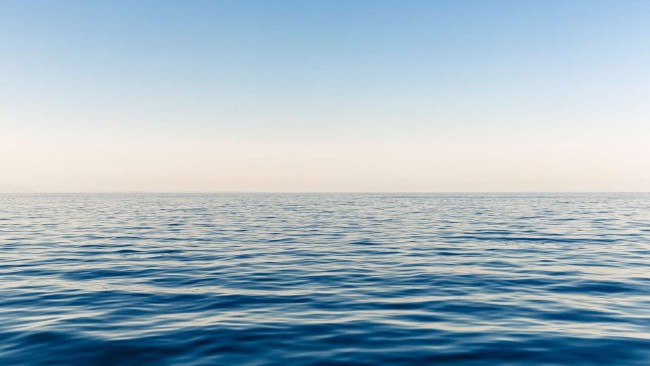Mussels turn out to be highly efficient at filtering out plastic
Pennie Lindeque, Plymouth Marine Laboratory’s Head of Science, turned to nature to address microplastic pollution. Specifically, her team uses mussels to filter water and extract tiny pieces of plastic – smaller than 5 millimetres across – generated from plastic pollution disintegration.
As it feeds, an adult mussel can filter up to 55 litres of water a day. During their experiments, Pennie’s team placed 300 mussels in a tank and found that they filtered out more than 250,000 microplastics per hour! The mussels eventually excrete the microplastics, which naturally sink into the water and become readily disposable. All this happens without causing any harm to the mussels.
In the future, Pennie also hopes to use the plastic-filled excrements as a biofuel since they are rich in carbon.
Why does it matter? Collecting microplastic is difficult. Projects like the Ocean Cleanup can gather large pieces of plastic, but no organization has yet managed to extract smaller particles at scale. By leveraging nature’s potential, this project could uncover a way to tackle microplastic pollution naturally 😎
Related Posts
A passive system could clean up 90% of plastic in the ocean
The Ocean Cleanup is a Dutch non-profit organization aiming to clean up 90% of the floating plastic pollution in our oceans – easy peasy lemon squeezy 🍋.
Ivory Coast inaugurates a cocoa-waste-powered biomass plant
Ivory Coast, the world’s largest cocoa producer, will inaugurate a biomass plant that runs on cocoa waste.
New graffiti in the UK absorb carbon dioxide from the air
In London and Bristol, graffiti artists Nerone and Jody Thomas painted murals that absorb carbon dioxide from the air!



